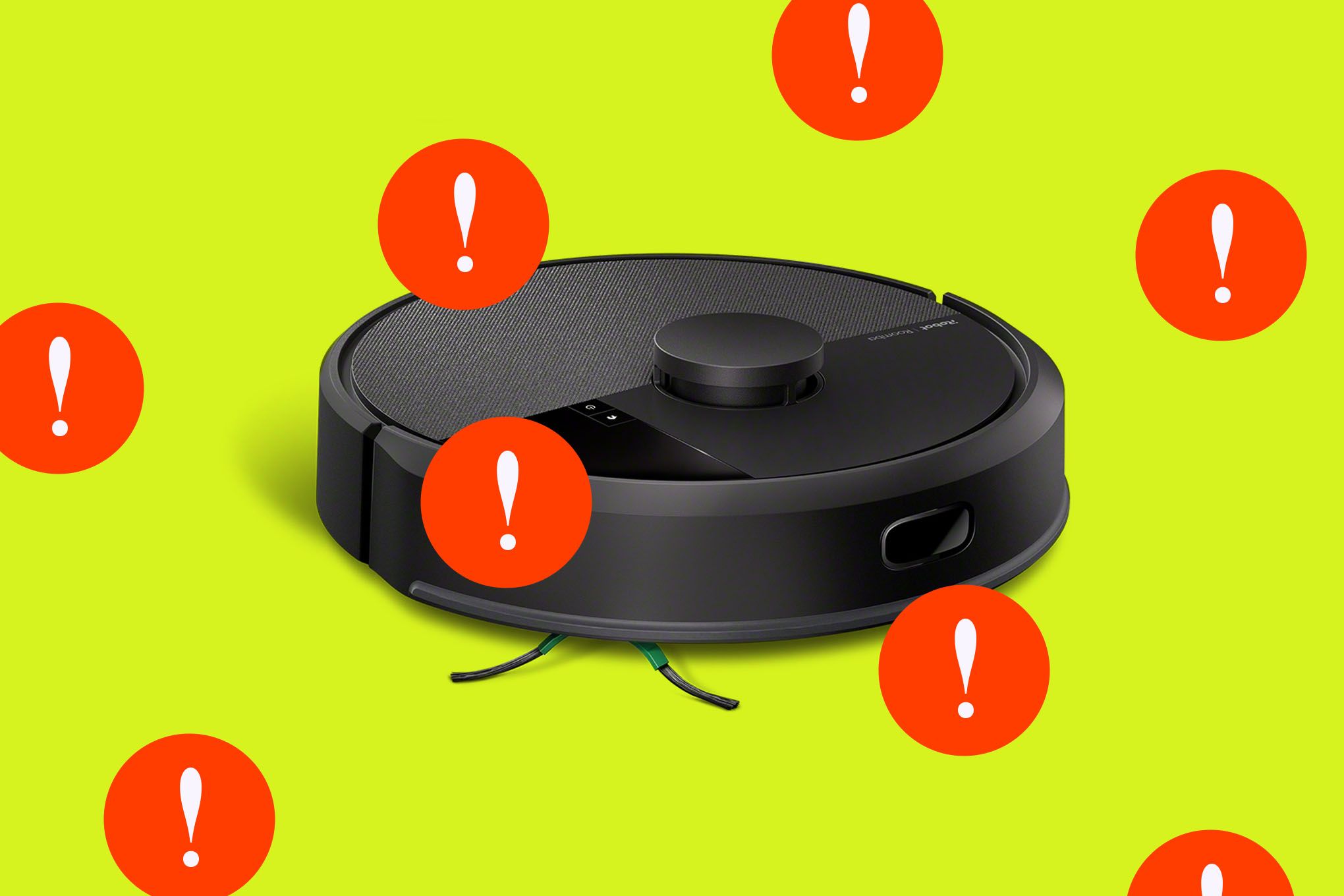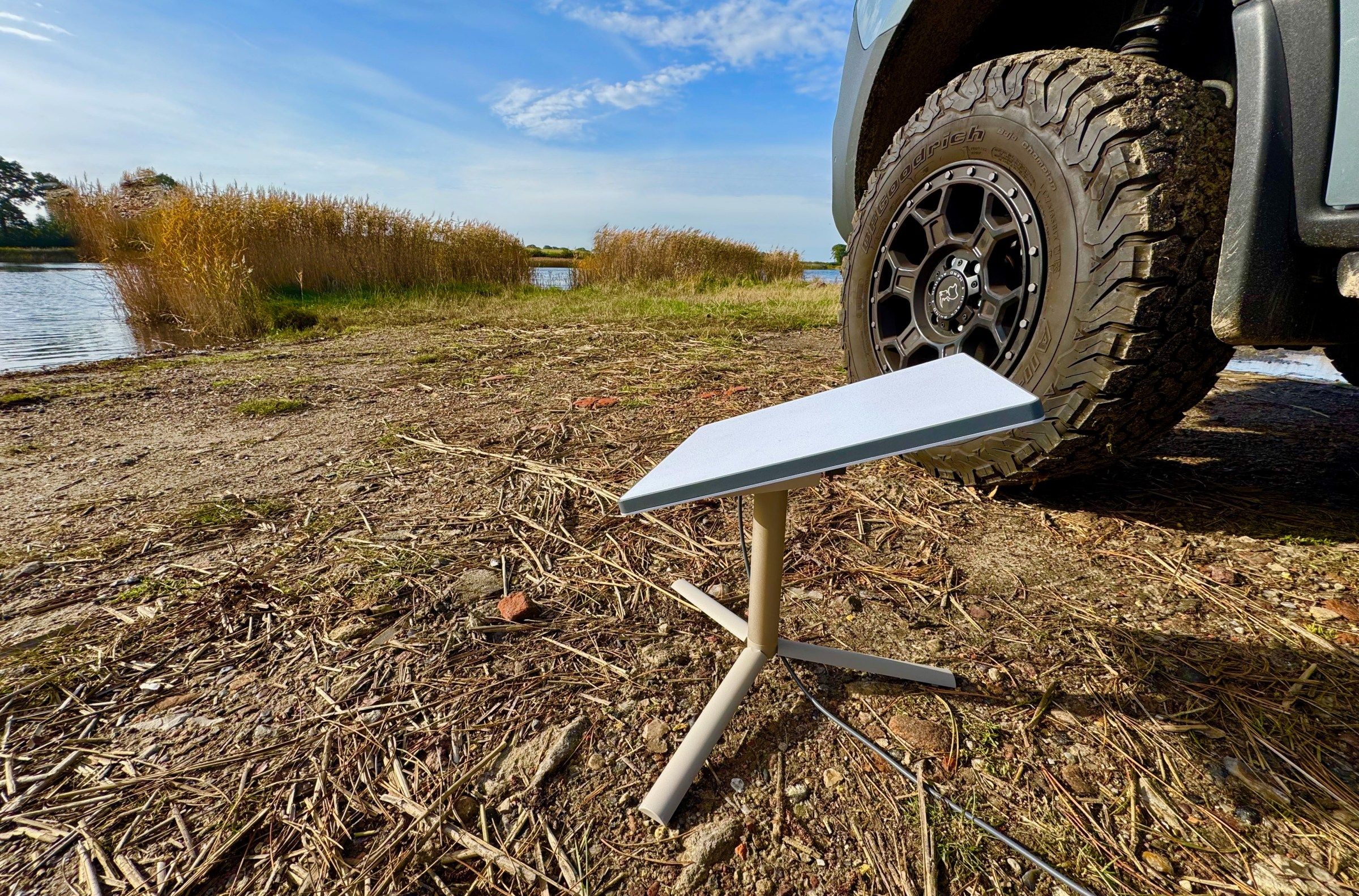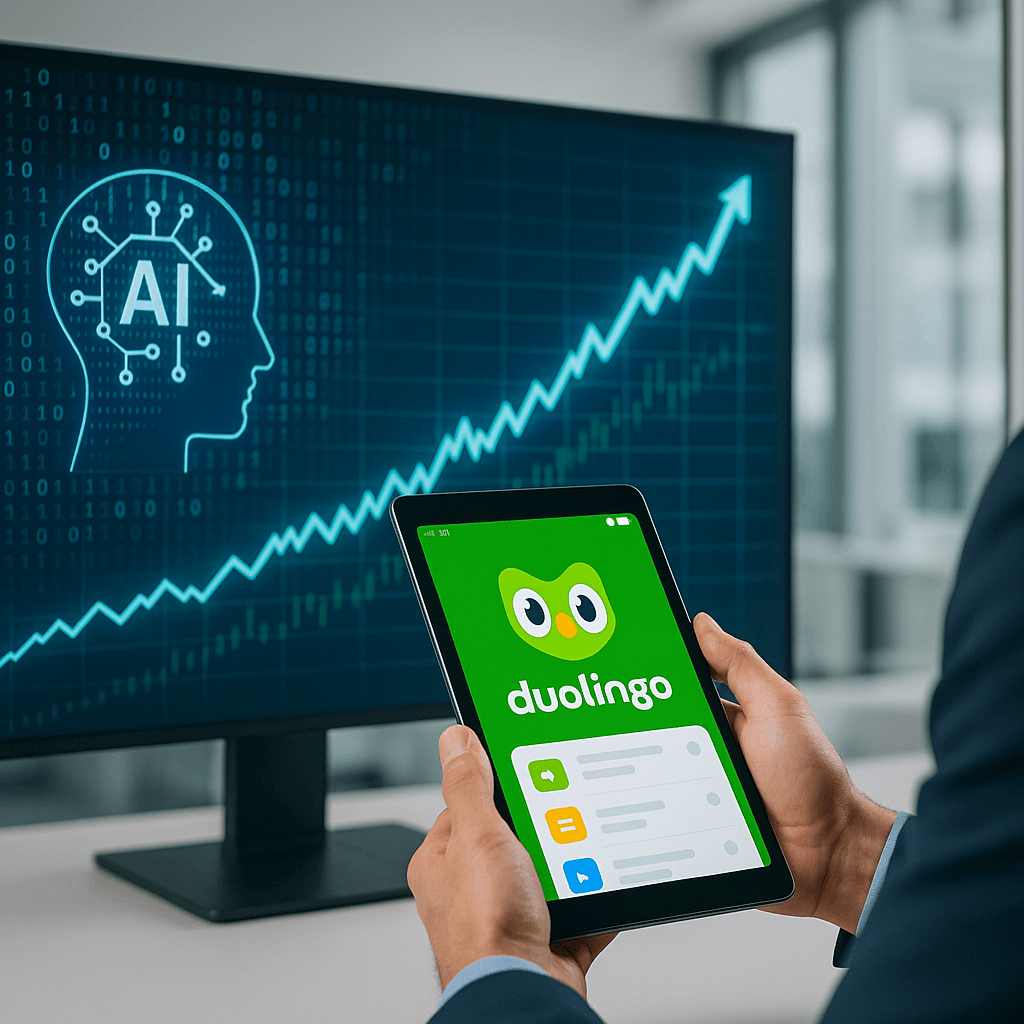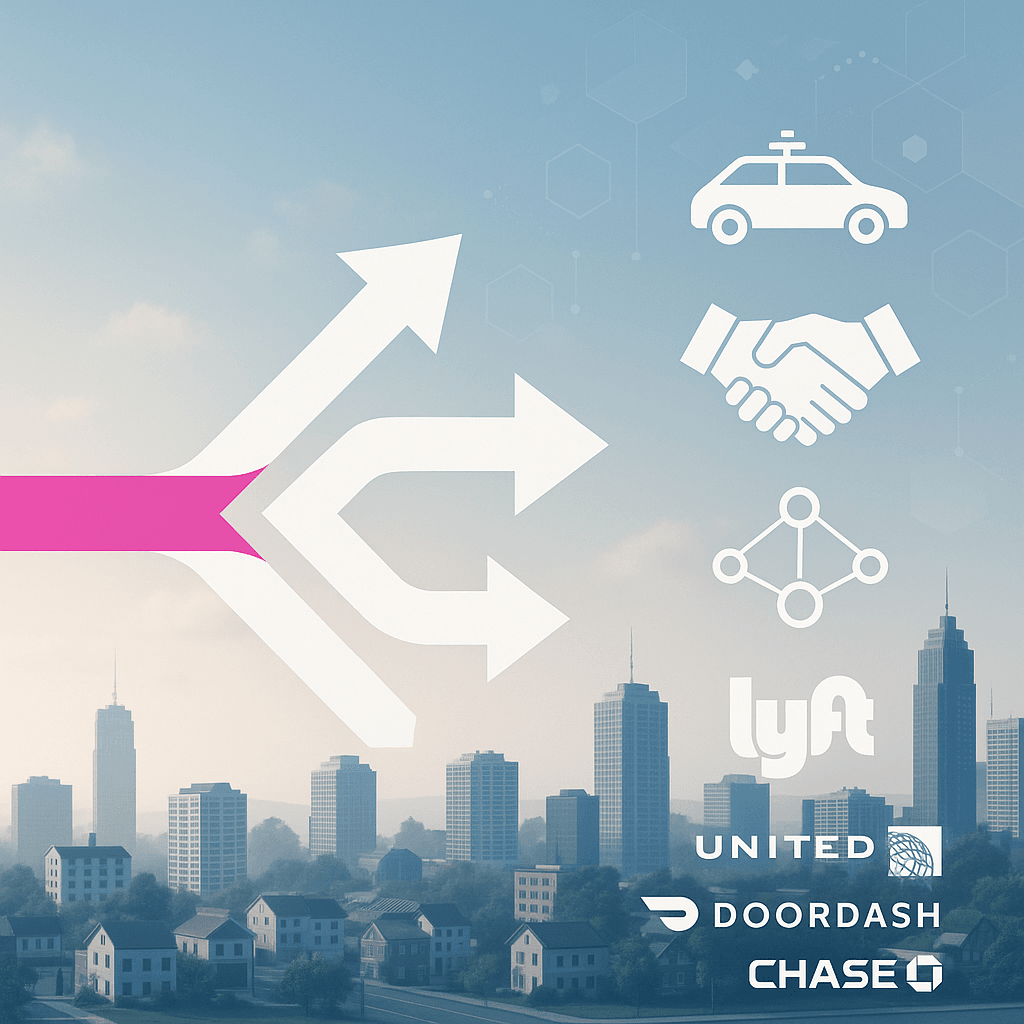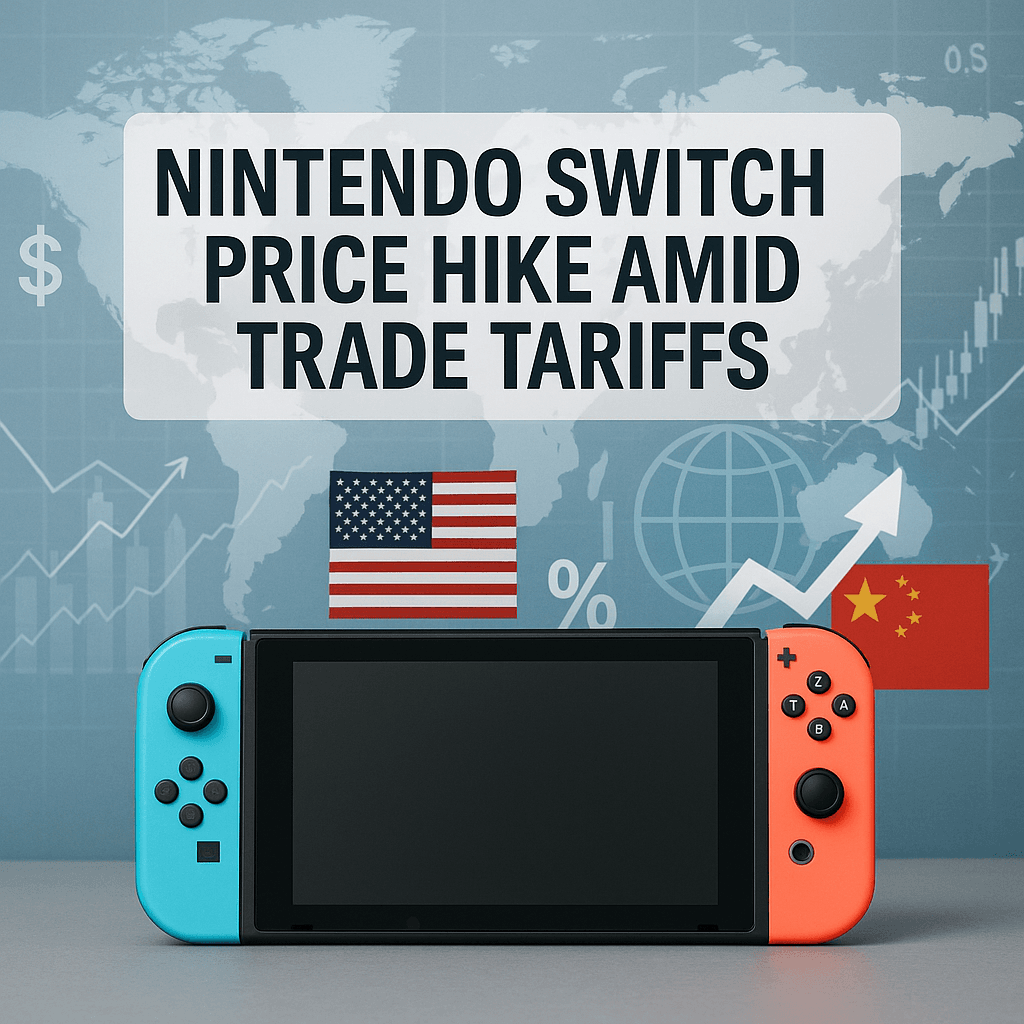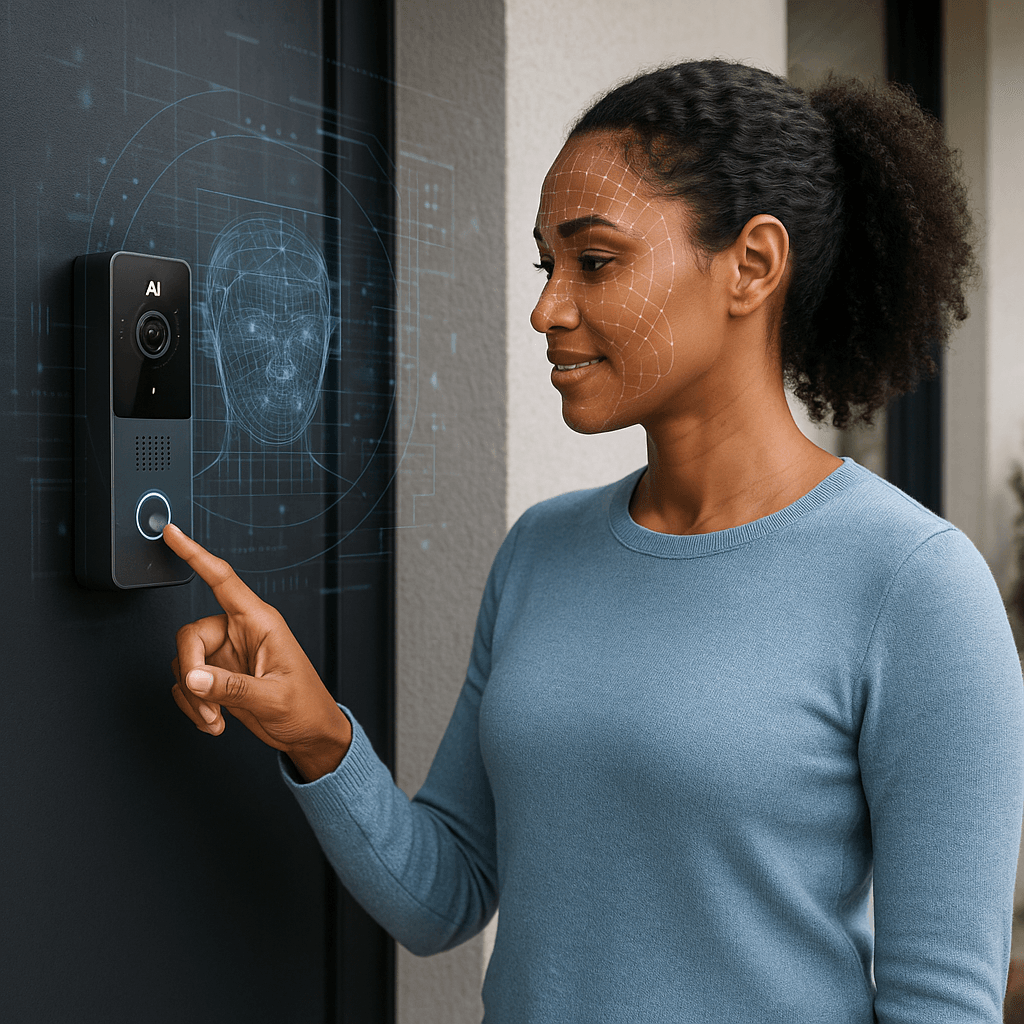TL;DR:
• iRobot revenue crashed 23% to $127.6M despite launching new product line
• CEO confirmed company still seeking sale or "strategic alternatives" to escape debt spiral
• 12-month shutdown timeline from earlier this year creates urgency for potential buyers
• Chinese competition and failed Amazon deal continue hammering market position
iRobot just delivered another devastating earnings report that brings the iconic Roomba maker closer to potential shutdown. Revenue plummeted 23 percent to $127.6 million in Q2, even as the company launched eight new robot vacuums with advanced LiDAR mapping. With CEO Gary Cohen's 12-month survival timeline rapidly approaching and no buyer in sight, the company that defined home robotics faces an existential crisis.
iRobot just posted numbers that would make any investor wince. The company's second-quarter earnings show revenue diving 23 percent to $127.6 million, a steep decline that comes despite the recent launch of eight new Roomba models featuring cutting-edge LiDAR room mapping technology.
The collapse is hitting where it hurts most - the lucrative US and European markets that have traditionally been iRobot's bread and butter. Even with what CEO Gary Cohen described as "encouraging" customer response to the new product lineup, the company couldn't escape what he termed "persistent market headwinds and delays in scaling production and sales."
This latest earnings disaster intensifies the pressure that's been building since Amazon walked away from its $1.7 billion acquisition deal in January 2024. That collapsed merger left iRobot saddled with massive debt and facing an existential crisis that prompted Cohen to warn earlier this year that the company could shut down within 12 months without dramatic intervention.
The math is brutal for a company that once dominated home robotics. Chinese manufacturers have flooded the market with cheaper alternatives, forcing iRobot to compete on price while trying to innovate its way back to relevance. The company's bet on premium features like advanced mapping and AI-powered cleaning routines isn't translating to the sales volumes needed to service its debt load.
